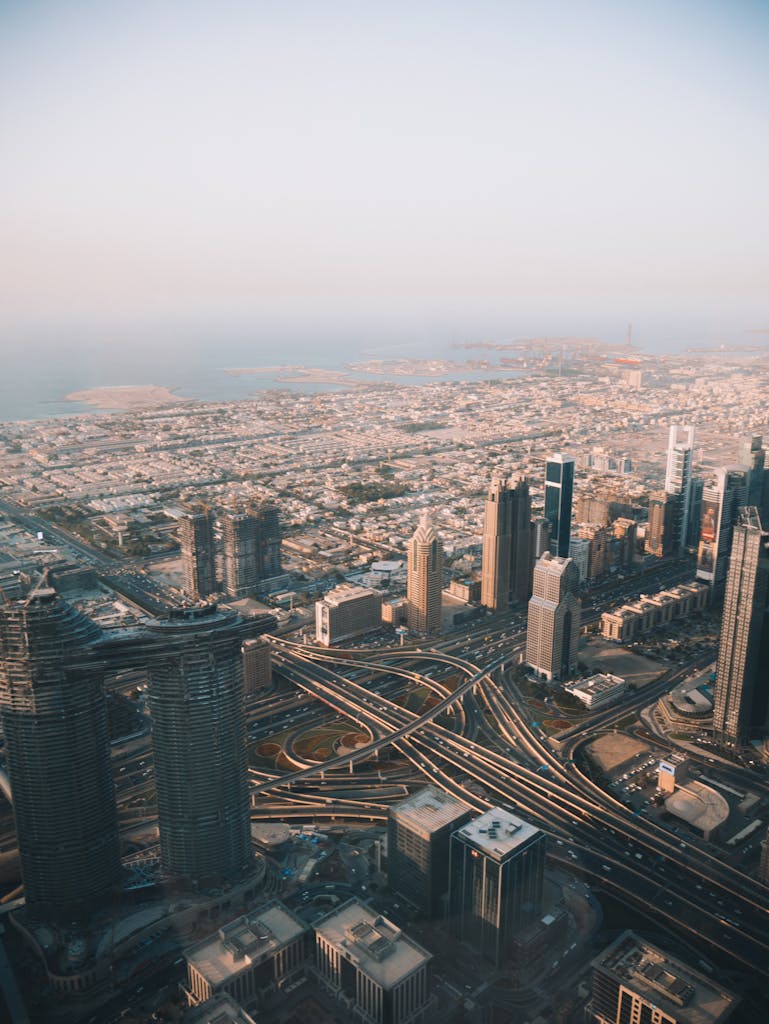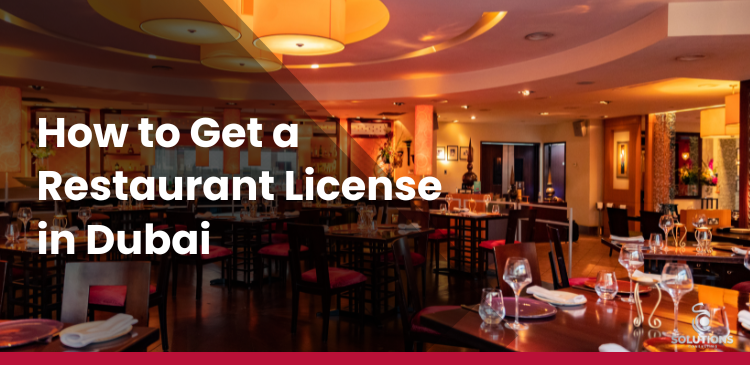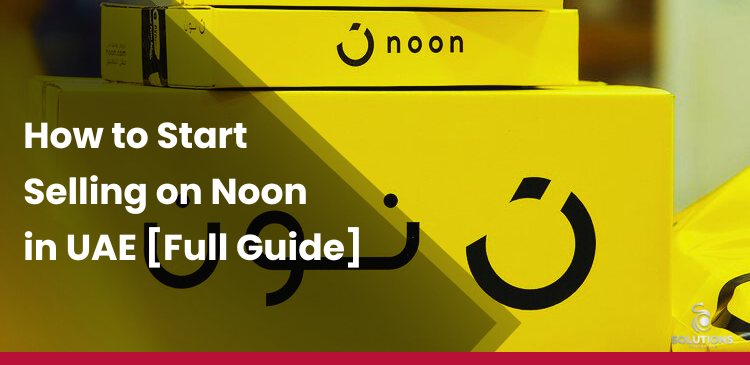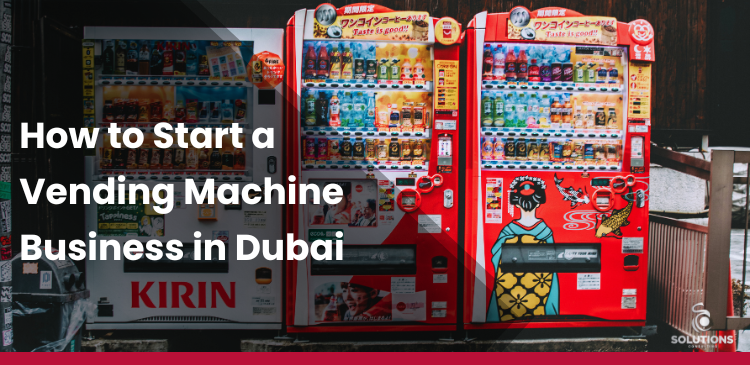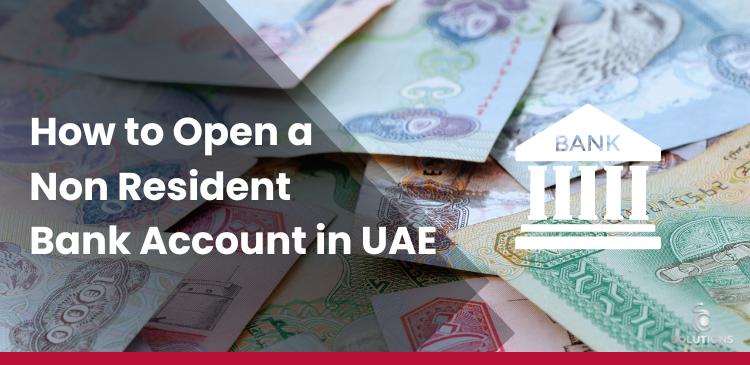Follow this guide on how to get a restaurant license in Dubai and start your dream business in food and hospitality today.
Opening a restaurant in Dubai is an attractive business opportunity, given the city’s reputation as a global culinary hub. The growing demand for diverse dining experiences makes Dubai an ideal destination for entrepreneurs in the food and beverage industry.
However, starting a restaurant or business in Dubai involves navigating through legal requirements, understanding the city’s food safety regulations, and securing the appropriate licenses.
We will provide a comprehensive guide on how to obtain a restaurant license in Dubai, the types of licenses you’ll need, and discuss the key steps in setting up a successful restaurant.
Types of Restaurant Licenses in Dubai
When starting a restaurant in Dubai, you must obtain several licenses to comply with the city’s regulatory framework. These include:
1. Trade License
A trade license is essential for operating any business in Dubai, including restaurants. Issued by the Department of Economic Development (DED), this license allows you to legally operate your business in the mainland of Dubai.
For restaurants, the trade license falls under the category of commercial licenses, and it ensures that your business complies with Dubai’s commercial regulations.
2. Food and Safety License
A Food and Safety License is granted by the Dubai Municipality and is crucial for any business dealing with the preparation, storage, or handling of food. The license ensures that the restaurant follows Dubai’s food safety standards and regulations.
Before you can obtain this license, an inspection is carried out by the Food Safety Department to confirm that your restaurant meets the required hygiene and food safety conditions.
How to Get a Restaurant License in Dubai
Acquiring a restaurant license in Dubai involves several steps that ensure your business complies with local laws. Here is an overview of the process:
- Determine Business Activity: Specify the type of restaurant you plan to open (e.g., café, fine dining, fast food) to ensure you apply for the correct business activity.
- Select the Jurisdiction: Choose between Dubai Mainland or a Free Zone. The mainland is usually recommended for restaurants as it offers more visibility and greater access to customers.
- Register Your Trade Name: Choose and register your restaurant’s name with the Department of Economic Development (DED).
- Submit the License Application: Apply for a trade license with DED and submit the necessary documents, including your passport copies, residence visa, Emirates ID, and the Memorandum of Association (MOA).
- Obtain Approvals from Relevant Authorities: Depending on your business activity, you will need approvals from Dubai Municipality, Dubai Civil Defence, and the Food Safety Department.
- Lease a Space and Submit Floor Plans: Secure your restaurant location and submit the floor plan to the Food Safety Department for approval.
- Complete the Fit-Out and Inspections: Once the fit-out is complete, arrange for inspections from the relevant authorities to confirm that the space complies with regulations.
- Receive the Food and Safety License: After passing all inspections, you will be issued a food and safety license to begin operations.
Food Code for Restaurant Setup in Dubai
The Food Code is a comprehensive set of guidelines that outline the rules and regulations for handling, preparing, and serving food safely in Dubai. It provides detailed instructions on how restaurants must manage food safety to prevent contamination and foodborne illnesses.
All restaurant operators are required to adhere to the guidelines set out in the Food Code, ensuring high standards of hygiene and safety.
The Dubai Food Code covers everything from food handling practices to kitchen design and staff training. Restaurants must have designated areas for food storage, preparation, and cleaning to avoid cross-contamination.
Additionally, restaurant owners must ensure that all staff members are trained in food safety practices and that their health and hygiene are maintained. Regular inspections by the Dubai Municipality ensure compliance with the Food Code, and failure to meet these standards can result in hefty fines or even closure.
Documents Required for Restaurant License Application in Dubai
If you have chosen the location for your restaurant, the next step is to submit the application to the DED for your restaurant license. You will need the following documents:
- Your trade name registration document
- Copy of your lease agreement
- Copy of your passport or visa
- No Objection Certificate (NOC) from your landlord
- An attested document if you are the main shareholder
- Health card from Dubai Health Authority (DHA)
- Food handling permit from the Dubai Municipality
- Trade license from DED
- Fire safety approval from the Dubai Civil Defence
- An Alchohol license if applicable
- Occupational Health and Safety Policy
- Tax Registration Certificate
Eligibilty Criteria to Get a Restaurant License in Dubai
Some of the requirements you need to meet in order to obtain a restaurant license in Dubai is:
- You must have a valid trade license from the DED
- Your restaurant must have a valid food handler’s license from the Dubai Municipality
- Your restaurant must have a minimum seating capacity of 30 people
- Your restaurant must have all the necessary facilities to operate
- You must have a liquor license from the DED if you are going to serve alcohol at the restaurant
- Your restaurant must have a minimum floor area of 200 sq meters
How to Open a Restaurant in Dubai
Starting a restaurant in Dubai requires detailed planning and thorough preparation. Below are the key steps involved in opening a successful restaurant:
1. Research and Planning
Before setting up your restaurant, conduct extensive research on the market, customer preferences, and your competition. This will help you create a clear business plan, define your restaurant concept, and identify your target audience.
2. Legal Requirements
Understanding the legal requirements is essential when opening a restaurant in Dubai. You need to ensure that your business complies with licensing requirements, food safety regulations, and labor laws. Engage with a legal consultant to help you navigate the complexities of the legal framework.
3. Choose a Location
The location of your restaurant can significantly impact its success. Choose a space that aligns with your target market, whether in high-traffic areas such as shopping malls, business districts, or tourist attractions. Ensure that the location is accessible and visible to your customers.
4. Menu Development
Craft a menu that reflects your restaurant concept and appeals to your target audience. Consider offering a diverse selection of dishes that cater to the tastes and dietary preferences of Dubai’s multicultural population.
5. Staffing
Hire experienced staff for key positions such as chefs, waiters, and managers. Ensure that they are trained in food safety practices and understand Dubai’s regulatory standards for handling and preparing food.
6. Design and Restaurant Layout
Design your restaurant layout to maximize both functionality and aesthetics. Create a layout that ensures a smooth workflow for the kitchen staff and provides a comfortable dining experience for customers.
7. Food Suppliers
Source quality ingredients from reliable food suppliers who comply with Dubai’s food safety standards. Establish strong relationships with your suppliers to ensure the consistent availability of fresh ingredients.
8. Quality Control
Implement a robust quality control process to maintain high standards of food preparation and hygiene. Regularly inspect your kitchen, equipment, and staff practices to ensure compliance with the Food Code.
9. Marketing and Promotion
Develop a marketing strategy to promote your restaurant to your target audience. Utilize both online and offline channels, including social media, food delivery apps, and traditional advertising, to build brand awareness and attract customers.
Architectural Requirements for Opening a New Restaurant in Dubai
In Dubai, restaurants must adhere to specific architectural requirements to ensure safety, hygiene, and efficiency. Below are key architectural standards:
- Kitchen Floor Space: The kitchen must be between 28-35 square meters if it includes a tandoor or grill and should constitute at least 40% of the restaurant’s total area.
- Ventilation and Chimney: The chimney must be at least 2 meters higher than the nearest building, and an adequate ventilation system is mandatory to prevent smoke and odors from affecting neighboring properties.
- Interior Design: The roof, walls, and floors must be made of washable, non-absorbent, and fire-resistant materials to maintain hygiene and reduce fire hazards.
- Washing Areas: Separate washing areas must be allocated for utensils, meat, and vegetables to prevent cross-contamination.
- Food Storage and Processing: The restaurant must have designated areas for food storage and preparation, ensuring that different types of food are stored and processed separately.
- Drainage System: The drainage pipes must be at least 5 cm away from the walls to allow easy cleaning and prevent blockages.
Restaurant License Costs in Dubai
The costs of obtaining a restaurant license in Dubai vary depending on several factors, including the size and location of the restaurant, as well as the specific licenses required. Typically, you can expect the trade license to cost between AED 10,000 and AED 20,000.
The food and safety license and additional approvals may add to the total expenses. In addition, you will need to account for fit-out costs, rental fees, and operational expenses when calculating the overall budget for opening a restaurant.
Conclusion
Starting a restaurant in Dubai is an exciting venture, but it requires careful planning, legal compliance, and adherence to strict food safety regulations. Acquiring the necessary licenses, including the trade license and food safety license, is critical to ensuring your restaurant operates legally.
From understanding the Dubai Food Code to meeting architectural requirements, every aspect must be meticulously planned and executed.
Our team of specialists is equipped to handle all aspects of the licensing process, allowing you to focus on building a successful restaurant in Dubai.
Start Your Dream Restaurant in Dubai Today!
At SolutionsFZCO, we can simplify the licensing process for you, offering expert guidance and support in acquiring the necessary permits quickly and efficiently.
